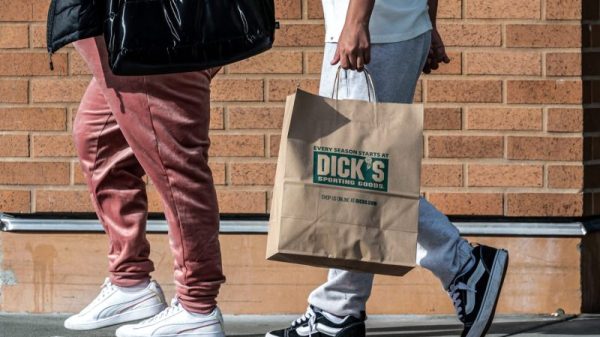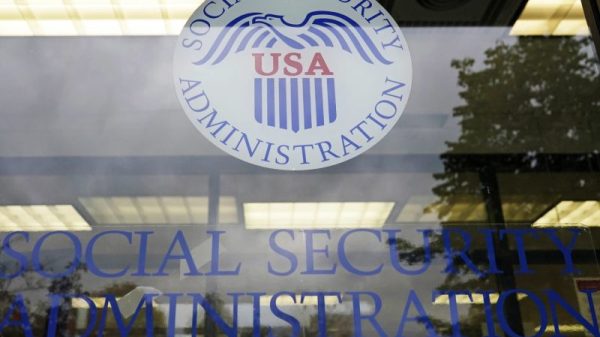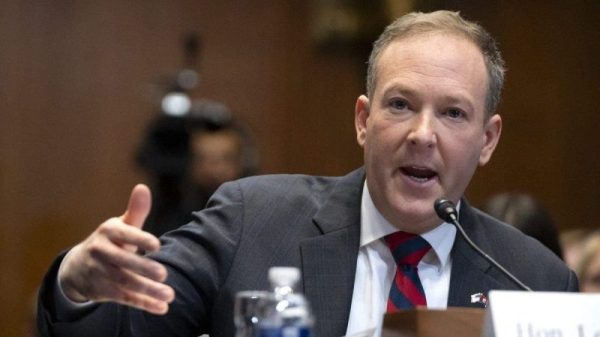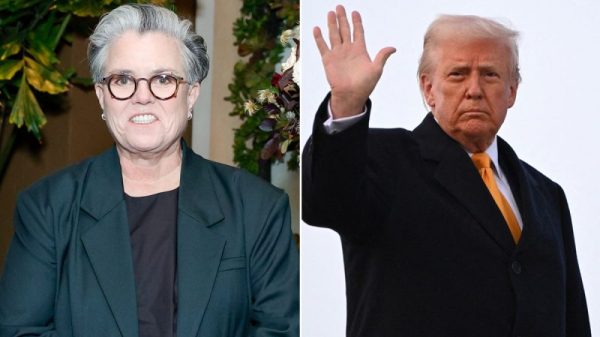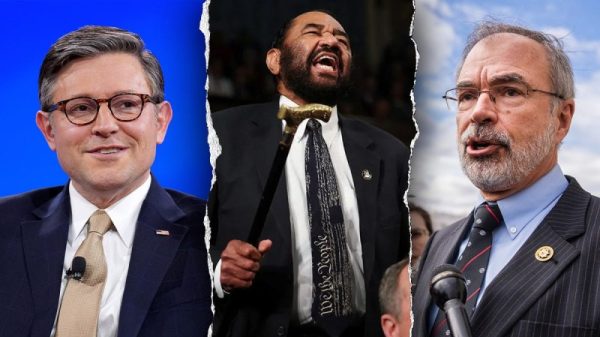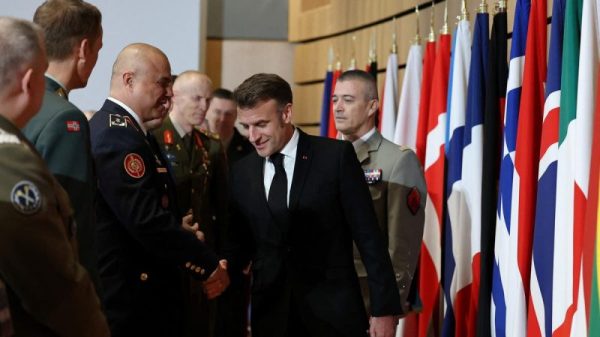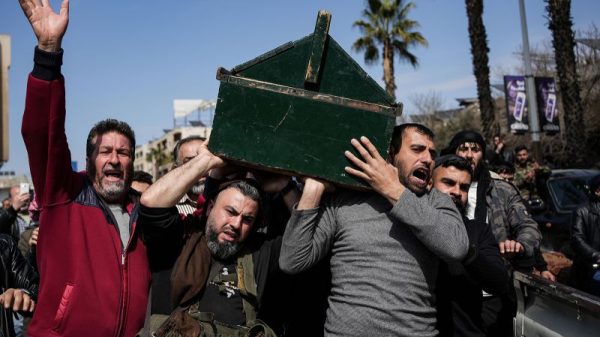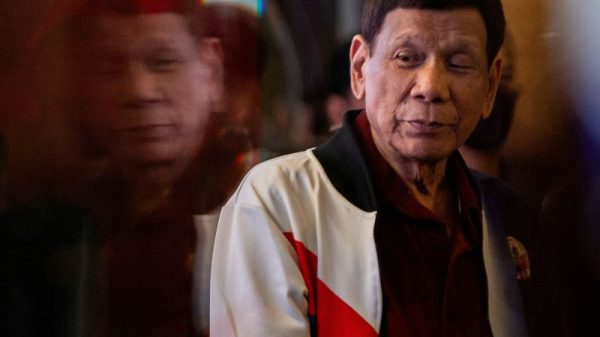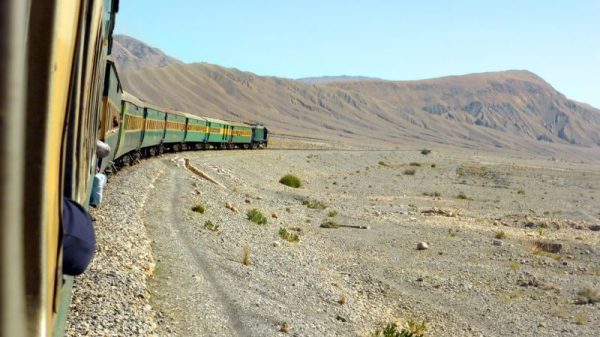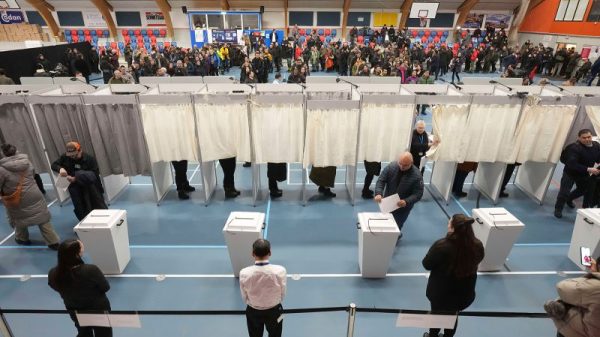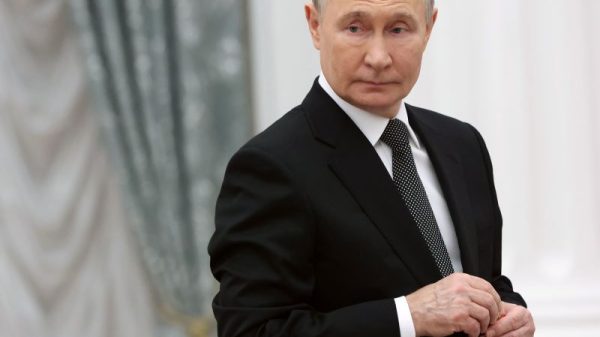No, this isn’t the plot of a new historical thriller but what has emerged from what’s been dubbed the Vatican’s “trial of the century,” which examined a litany of financial misconduct costing the Holy See millions of dollars.
The two-and-a-half-year trial in Vatican City’s criminal court has involved 10 defendants including, for the first time, a cardinal.
He is Giovanni Angelo Becciu, once one of the most powerful figures in the Vatican, who held the position of “sostituto” (“substitute”) in the Holy See’s Secretariat of State, a papal chief of staff equivalent.
In this role, the 75-year-old Sardinian prelate had walk-in privileges to see the pope when he needed and was even tipped as a potential future pope.
He is now facing five and a half years in prison, after being convicted of several counts of embezzlement. Becciu is the first cardinal to be convicted and sentenced by a Vatican court.
The cardinal has repeatedly denied the charges against him and after the verdict his lawyer said he would appeal.
Before the trial began however, the pope removed his once close aide from his position as leader of the Vatican’s department for canonizing saints, along with his right to vote in a future conclave.
The trial has been a critical test for Pope Francis and his long running battle to bring transparency and accountability to the Vatican’s notoriously murky finances. Throughout his pontificate, the pope has sought to clean up the Vatican’s bank, establish a financial regulatory system and crack down on back-handers and conflicts of interest.
The London investment
At the heart of the trial was the Vatican’s purchase of a vast property in southwest London’s Chelsea neighborhood, originally built as a car showroom for the Harrods department store. The Holy See spent around $400 million on the deal over several years but ended up with losses of $150 million after eventually selling the asset. Vatican prosecutors argued that the church was swindled out of millions by paying too much for the property while a series of middlemen made huge sums and those in charge of the deal were negligent.
Initially, the Holy See invested $200 million in a fund run by Raffaele Mincione, a London-based Italian financier, who controlled a 45% stake in the Chelsea property. The initial investment was authorized when Cardinal Becciu was chief of staff. The other half of the building was owned by Mincione.
The plan was to turn the building into apartments but the Vatican became dissatisfied with the investment which prosecutors argued left the church with heavy losses. The building, they say, had been overvalued by Mincione and the Secretariat of State was not informed of a £75 million ($96 million) mortgage on the property. Becciu’s successor, Edgar Peña Parra, decided to buy the building outright but had to pay a hefty fee to Mincione.
Then, another financier, Gianluigi Torzi, was bought in to help buy the property but he is accused of structuring the deal which left him in control of the building and the Vatican purchasing an “empty box”. Top Vatican officials said they were not properly informed about this and then had to pay Torzi millions to get out of the deal.
The Vatican announced the trial would commence in July 2021, with prosecutors depositing a 500-page indictment detailing the alleged crimes.
Both Torzi and Mincione were among the 10 defendants in the case, who were all convicted on some counts and acquitted on others.
Torzi stood trial for extortion, money laundering, fraud and embezzlement and was given a six-year sentence. Mincione was charged with embezzlement, abuse of office, fraud and money laundering and given a five-and-a-half-year sentence.
Both denied the charges against them. Mincione has also launched a legal action against the Holy See in the London courts.
Although regulators ruled in 2021 that the Holy See had made progress with its financial reforms, they insisted it needed to bolster its efforts in prosecuting wrongdoing, including that of senior clerics.
Then came the news that the trial would go ahead.
For this to happen, Francis had to change the law to allow bishops and cardinals to stand trial in a Vatican tribunal. Previously they had been immune from prosecution.
The cardinal’s lady
Becciu was in charge when the initial investment in the London property deal using church funds was approved. He was also charged with embezzling more than €125,000 ($136,000) of church funds in a Sardinian charity run by his brother, and authorizing €575,000 ($618,000) in payments from the Secretariat of State to Cecilia Marogna, a “security consultant” purportedly to help free a nun kidnapped in Africa. Vatican prosecutors argued this money was used for personal purposes by Marogna including over $54,000 spent on clothing, footwear and fashion accessories from high-end brands such as Prada, Gucci and Hermes.
Marogna, who is in her 40s, has been dubbed the “cardinal’s lady” given her association with Becciu. During the trial court was shown images taken by Marogna inside the cardinal’s apartment and posted on social media with captions reading “feeling at home” and “my paradise.”
When Vatican police told Becciu that the money transferred to Marogna was not being used as intended, he asked them not to let anyone know “because it would bring serious harm to him and his family.” During an interrogation before the trial, one witness was asked by prosecutors whether Becciu and Marogna had an intimate relationship, which he denied. Both Becciu and Marogna have denied an improper relationship.
Marogna was handed a three-year-and-nine-month sentence after being convicted of misappropriating hundreds of thousands of euros authorised by Becciu.
Marogna has denied any wrongdoing, and told Italian newspaper Corriere della Sera that she spent the Vatican funds on fees for her and her collaborators, travel and other living expenses. She insisted that she had developed a “network of relationships in Africa and the Middle East” to help Vatican diplomats and missionaries.
Also during the trial the court heard a phone call Becciu had secretly recorded with the pope where he sought to confirm with the pontiff that Francis had authorized payments to free the kidnapped nun. According to a transcript, the pope said he “vaguely” remembered a discussion about payments but repeatedly asked Becciu explain what he wanted in writing.
Ongoing battle to reform
The pope’s battle to reform Vatican finances has revealed the problem of placing clerics, with no professional financial training, in charge of large financial portfolios. As a result of the London property investigation, Francis ordered that the funds controlled by the Holy See’s Secretariat of State be managed by a different Vatican entity where an experienced accountant, Fabio Gasperini, oversees day-to-day operations. In 2019, it was estimated the Holy See’s Secretariat of State managed assets of roughly $1 billion.
The Holy See has a property portfolio in cities including Rome, Paris and London, which came about following compensation paid to it by Italy for the loss of the papal states, the parts of Italy under papal rule until the 19th century. In this 1929 deal, the Lateran Treaty, the Italian authorities also recognized Vatican City as a sovereign entity. The bulk of the Vatican’s properties are in Rome and used to house church employees. Funding for the Vatican comes largely through donations made by Catholics from across the world and revenue from tourists visiting the Sistine Chapel and Vatican museums.
During the Francis pontificate, the Vatican has begun to publish annual financial statements, which recently revealed a shortfall in income, while the Pope has sought to centralize investments to enhance accountability. The London property investment deal was also flagged as suspicious by the Vatican’s internal monitoring system in 2019, triggering the inquiry which led to the trial.
Vatican finances have long been a source of scandal, and this case has brought back memories of Roberto Calvi, the man known as “God’s banker,” who was found hanged under Blackfriars Bridge in London in 1982. He had been chairman of the Banco Ambrosiano at the time of its collapse, with the Vatican bank its main shareholder.
In 2019, the pope described the London investment deal as a “scandal” while this week he told Vatican auditors that the “lure of corruption is so dangerous that we must be extremely vigilant.”
Plenty of steps have been made by Francis to tackle the Vatican’s finances. The trial shows there’s plenty of work to do. The pope has often warned: “The devil enters through the pockets.”






